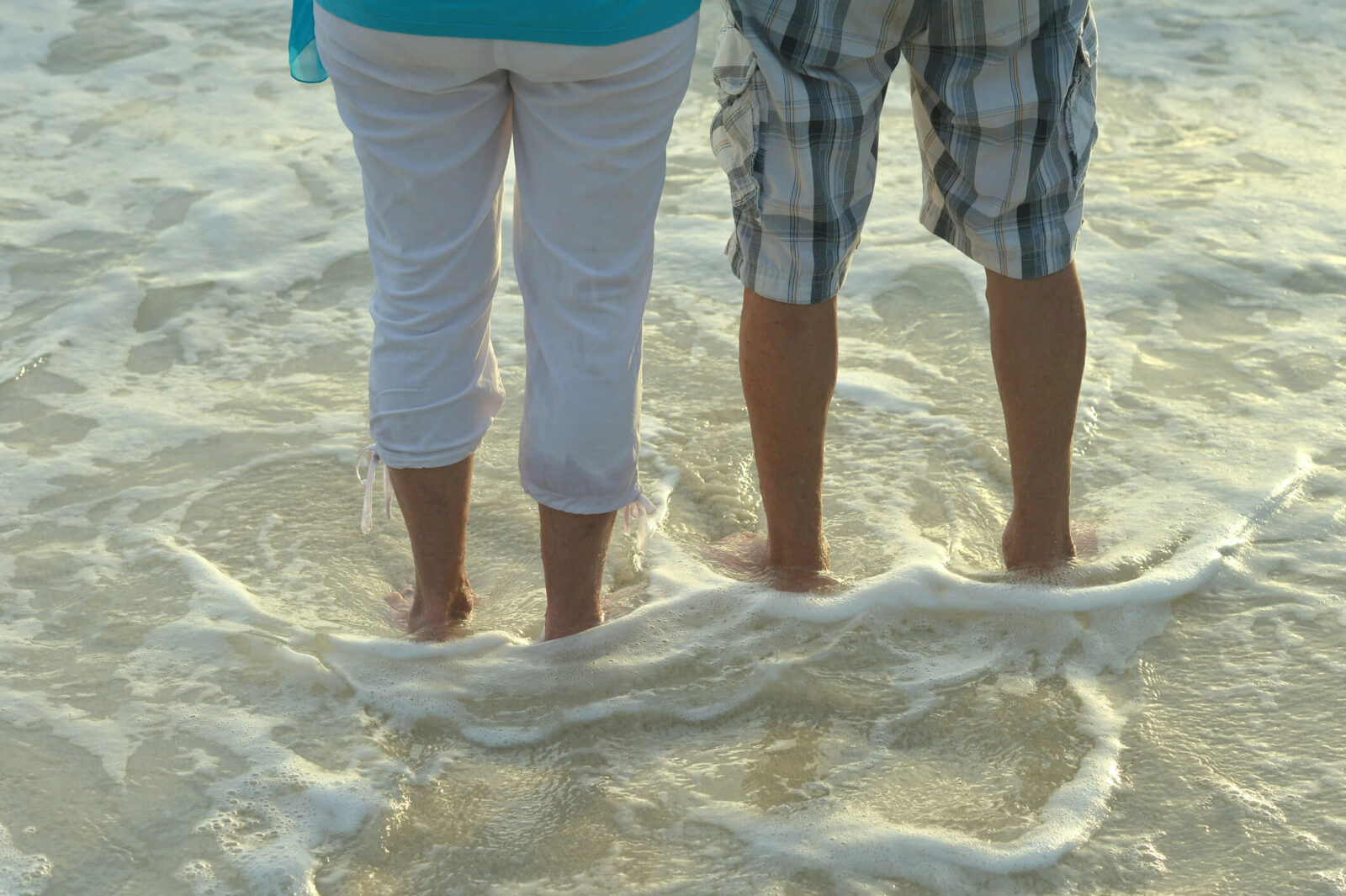When the temperatures rise well into the 90s, you should be taking extra precaution to stay safe. Many cases of heat-related illness stem from people assuming they can do the things they normally do without any modifications in extreme temperatures. Hudson Regional Hospital urges you to take extra care to stay healthy in the heat this summer.
- Beware of heat-related illness. Call 911 if you notice any of these symptoms: high body temperature, vomiting, and pale or clammy skin.
- Summer clothing. Wear lightweight, loose-fitting, light-colored clothing.
- Help others. Check on those at risk, like older adults, infants, and young children.
- Stay cool. Limit your exposure to the heat, sun, or locations without proper ventilation. If you don’t have air conditioning, seek relief in public facilities that have it.
- Stay hydrated. Regardless of how active you are, you should drink more fluids when the weather is hot. Don’t wait until you’re thirsty to drink.
Heat Exhaustion & Heat Stroke
In the midst of a heat wave, it’s important to know and recognize the symptoms of heat-related illness. Heat exhaustion is typically accompanied by a slight fever, extreme thirst, nausea, muscle pains, dizziness, paleness, and cool & sweaty skin.
Heat stroke can develop if heat exhaustion is not addressed, when the body’s temperature reaches 104 degrees and the cooling system stops functioning. Heat stroke is a medical emergency and potentially life-threatening. Symptoms of heat stroke may include:
- Nausea & vomiting
- Headache
- Rapid pulse
- Hot and dry skin with no sweating
- Confusion or loss of consciousness
If you are experiencing any of the symptoms of heat stroke, you should seek medical attention immediately. For emergency care, Hudson Regional Hospital’s emergency room is open 24/7. Learn more at https://www.hudsonregionalhospital.com/services/emergency-medicine/er/











